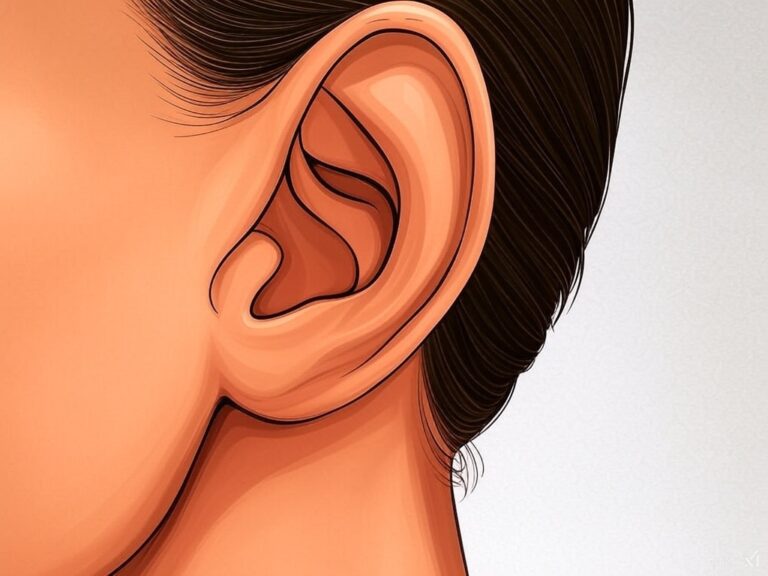Tinnitus is one of those conditions that often flies under the radar until it strikes you personally. For the uninitiated, it’s the perception of sound—ringing, buzzing, hissing, or even a faint hum—when no external noise is present. It’s not a disease itself but a symptom, and for millions worldwide, it’s a daily reality that ranges from mildly annoying to downright debilitating.
Imagine sitting in a quiet room, trying to relax, only to hear a persistent ringing that won’t quit. That’s tinnitus in a nutshell. It can stem from various causes: prolonged exposure to loud noise, ear infections, age-related hearing loss, or even stress. For some, it’s a temporary nuisance after a loud concert; for others, it’s a chronic companion. I’ve spoken to people who describe it as a high-pitched whine that drowns out their thoughts, while others liken it to a low drone that fades into the background—until it doesn’t.
Tip: We have a review on a product only sold online just for this.
There’s no universal cure, which is the tough pill to swallow. Doctors might suggest sound therapy, where background noise like white noise or soft music helps mask the ringing. Others turn to mindfulness or cognitive behavioral therapy to cope with the mental toll. I’ve read about folks finding relief with hearing aids if hearing loss is a factor, amplifying external sounds to drown out the internal ones. But it’s trial and error—what works for one might not for another.
Living with tinnitus means adapting. It’s about finding ways to tune out the uninvited guest in your head, whether through distraction, acceptance, or sheer stubbornness. Research is ongoing, and hope flickers with studies on neuromodulation or drug therapies. Until then, it’s a personal journey of resilience, proving that even in the face of constant noise, silence can still be found within.
Tip: We have a review on a product only sold online just for this.



